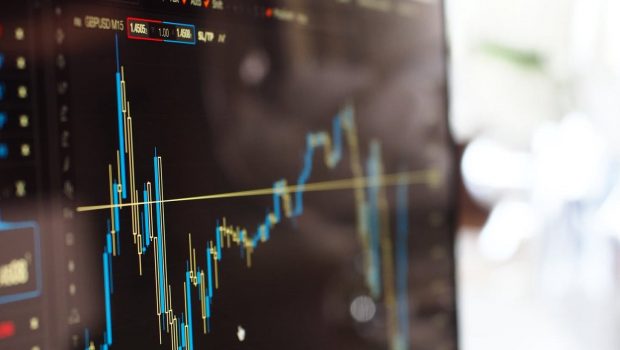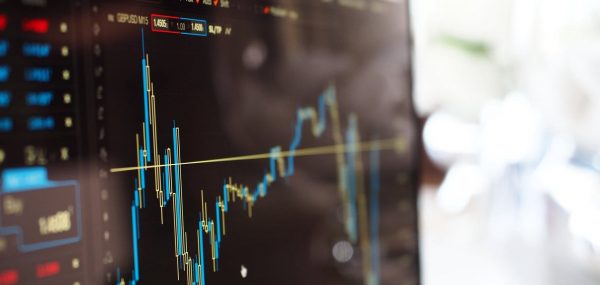Matt Choi of Certus Trading Looks at Impact As Blockchain Leads to Stock Market 2.0
Blockchain mania is, well, just about everywhere.
It’s not just the world of bitcoin and cryptocurrencies that has everyone fascinated. It’s how the technology stands to disrupt business sectors as diverse as hospitality, healthcare and the investment marketplace, and even how stocks, commodities and futures are traded.
“Blockchain is already having an impact on the markets, and on a global basis,” says Matt Choi, whose winning approach to trading led to a best-selling book, “The Winning Way” and the Certus Trading training program for successful traders. “Some are saying that it portends the reincarnation of the stock market, or the stock market 2.0.”
Blockchain was initially developed as the system powering bitcoin, a means of accounting for financial transactions that addresses the vulnerability of stored data on the exchange of assets.
Major exchanges have already embraced its native capabilities as a basis for market transactions. Nasdaq, for example, has been using its Nasdaq Linq blockchain since 2015 as a means of completing and recording private securities transactions. It’s being used by the Tokyo Stock Exchange as its core trading infrastructure.
Blockchain technology has also been adopted by gold traders and could well transform other aspects of the global physical commodities markets. As Bloomberg reports, blockchain could offer a secure means of exchange of raw materials and open up channels of trade among buyers and sellers previously perceived as credit risks. Furthermore, it could provide more transparency and liquidity to a market that has slowly lost favor among financial institutions.
The stock market and its traders will find blockchain provides a viable solution to the interoperability, trust and transparency issues in fragmented systems.
As Certus Trading’s Matt Choi points out, the business of buying and selling stocks involves any number of middlemen, such as brokers and the stock exchange itself. “Between intermediaries, operational trade clearances and regulatory processes, it can take more than three days to complete a transaction,” he says. Anyone can get into buying and selling stocks and investors can start as early as in college. More on the best online stock trading for college students here.
The blockchain – a decentralized and secure ledger – has the power to ease the validation process, speed up settlements and lend itself to better accuracy in trades. Plus, says Matt Choi, it eliminates many of those middlemen and may change others’ roles.
The exchanges themselves are likely to change dramatically in the face of the blockchain technology. A report by Deloitte, for example, suggests that it’s not just brokers who stand to be cut out by the technology. It may well lead the exchange system to become decentralized since it would no longer require a central system to ensure supply meets demand.
For all of the possibilities, though, there are some precautions. For starters, real advances are not progressing at warp speed, partially because it’s even harder to find blockchain developers than it is to find other, more mainstream software developers.
Plus, there are broader implications. For example, regulators are struggling to weigh blockchain’s legal and regulatory impact, even as they appreciate how it will make transactions more secure and less likely to be manipulated. Further, there’s the practical matter of maintaining securities standards across a decentralized database. Especially considering that new casino sites like these which integrate Blockchain technology are on the rise, which adds yet another variable to the equation. New casino operators were quick to realize all the positive implications that the Blockchain technology brings to the table, notably when it comes to tackling cash-in/cash-out management and, in a broader sense, their financial affairs. But it does not end here. New casinos relying on Blockchain will also have a distinct advantage in terms of security and regulation – the price to pay being a slow, painful transition from obsolete software to Blockchain itself.
“It’s all exciting stuff,” Choi says. “It will be interesting to watch as buy-in occurs, given the changes blockchain will require in terms of business processes and investments.”

















